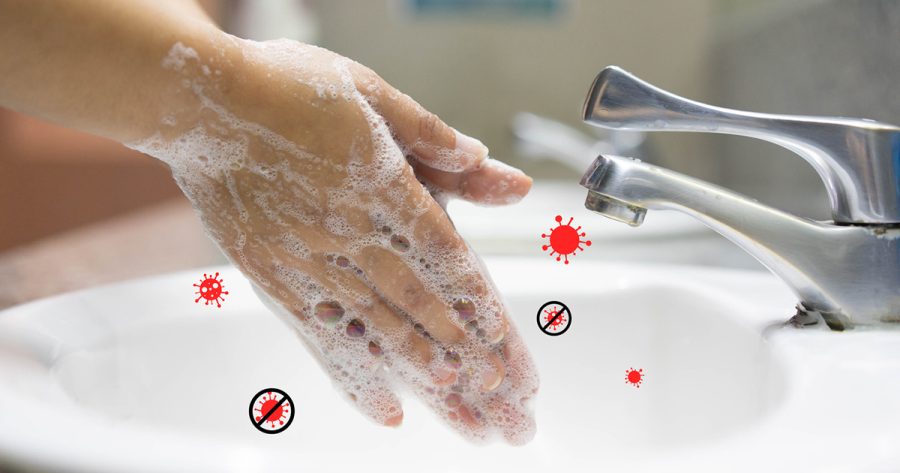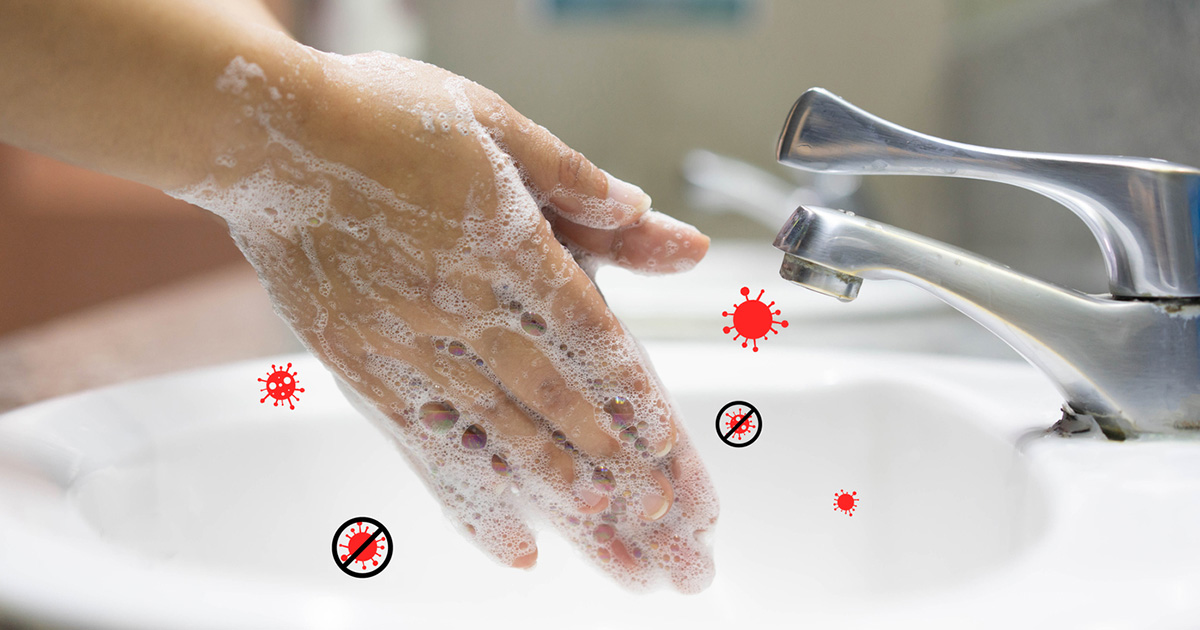
Over 7,000 patients infected in Gauteng hospitals last year
A total of 7457 patients picked up an infection in Gauteng public hospitals last year, mostly due to poor infection control measures. “These figures were revealed by Gauteng Health and Wellness MEC Nomantu Nkomo-Ralehoko in a written reply to my questions in the Gauteng Legislature,” says Jack Bloom – DA Gauteng Shadow MEC for Health. […]

A total of 7457 patients picked up an infection in Gauteng public hospitals last year, mostly due to poor infection control measures.
“These figures were revealed by Gauteng Health and Wellness MEC Nomantu Nkomo-Ralehoko in a written reply to my questions in the Gauteng Legislature,” says Jack Bloom – DA Gauteng Shadow MEC for Health.
The technical name for hospital-acquired infections is nosocomial, which refers to infections caught in hospitals, often caused by organisms resistant to antibiotics.
According to the MEC, there are weekly and monthly Healthcare Associated Infection (HAI) surveillance records, but no data was collected for 2020 and 2021 because of Covid.
In 2022, 7457 (6.4%) of 116 366 patients got nosocomial infections, of which 5032 were in the seven central and tertiary hospitals, broken down as follows:
- Chis Hani Baragwanath Hospital – 1542 infections
- Steve Biko Hospital -1365 infections
- Charlotte Maxeke Johannesburg Hospital – 1157 infections
- Helen Joseph Hospital – 613 infections
- Kalafong Hospital – 337 infections
- George Mukhari Hospital – 312 infections
- Tembisa Hospital – 238 infections
The most prevalent nosocomial infection is CRE/CPE, which are Carbapenem-resistant or Carbapenemase-producing bacteria that cause a variety of infections including urinalysis tract infections, wound infections, gastroenteritis, meningitis, septicaemia and pneumonia.
There were 1038 ESBL infections, which are resistant to penicillin, 980 cases of Acinetobacter Baumann MDR/XDR, and 584 cases of Clostridium Difficile, which inflames the colon and can be fatal.
Also of concern, says Bloom, are 468 cases of Klebsiella Pneumonia, which has caused deaths of babies in previous outbreaks.
“The antibiotic-resistant infections are a particular horror as they are difficult to treat, leading to longer hospital stays and sometimes even death. It is distressing that more than one in twenty patients will pick up an infection while in hospital,” says Bloom.
“There appears to be a sharp rise in nosocomial infections as there were only 975 such infections in 2014 according to a previous official reply to questions, but this may partly be due to improved monitoring. Whereas Chris Hani Baragwanath Hospital had 376 nosocomial infections in 2014, these have rocketed to 1542 last year.
“The latest figures indicate the need for tight infection controls and proper hygiene to cut hospital infections as much as possible.”
